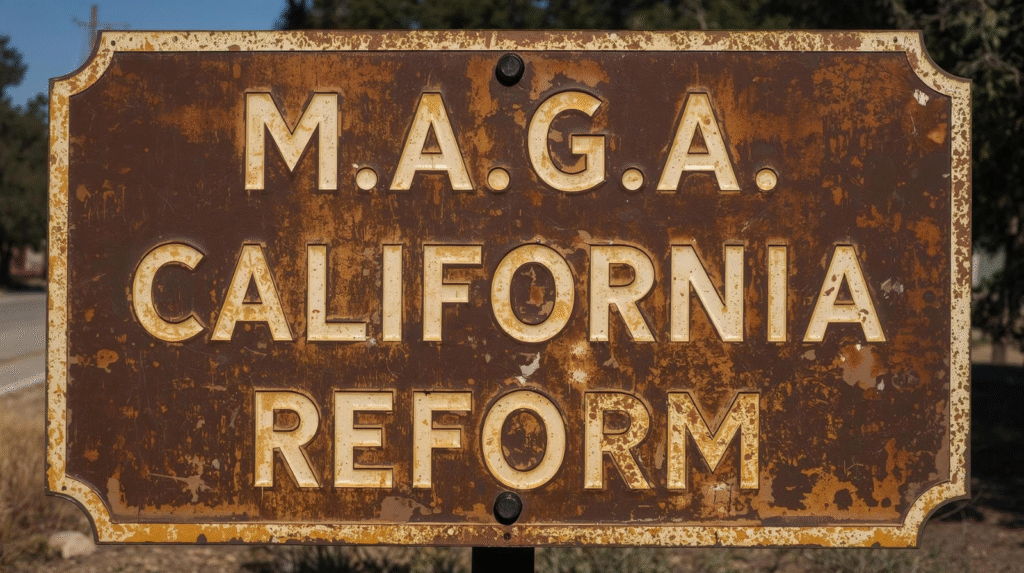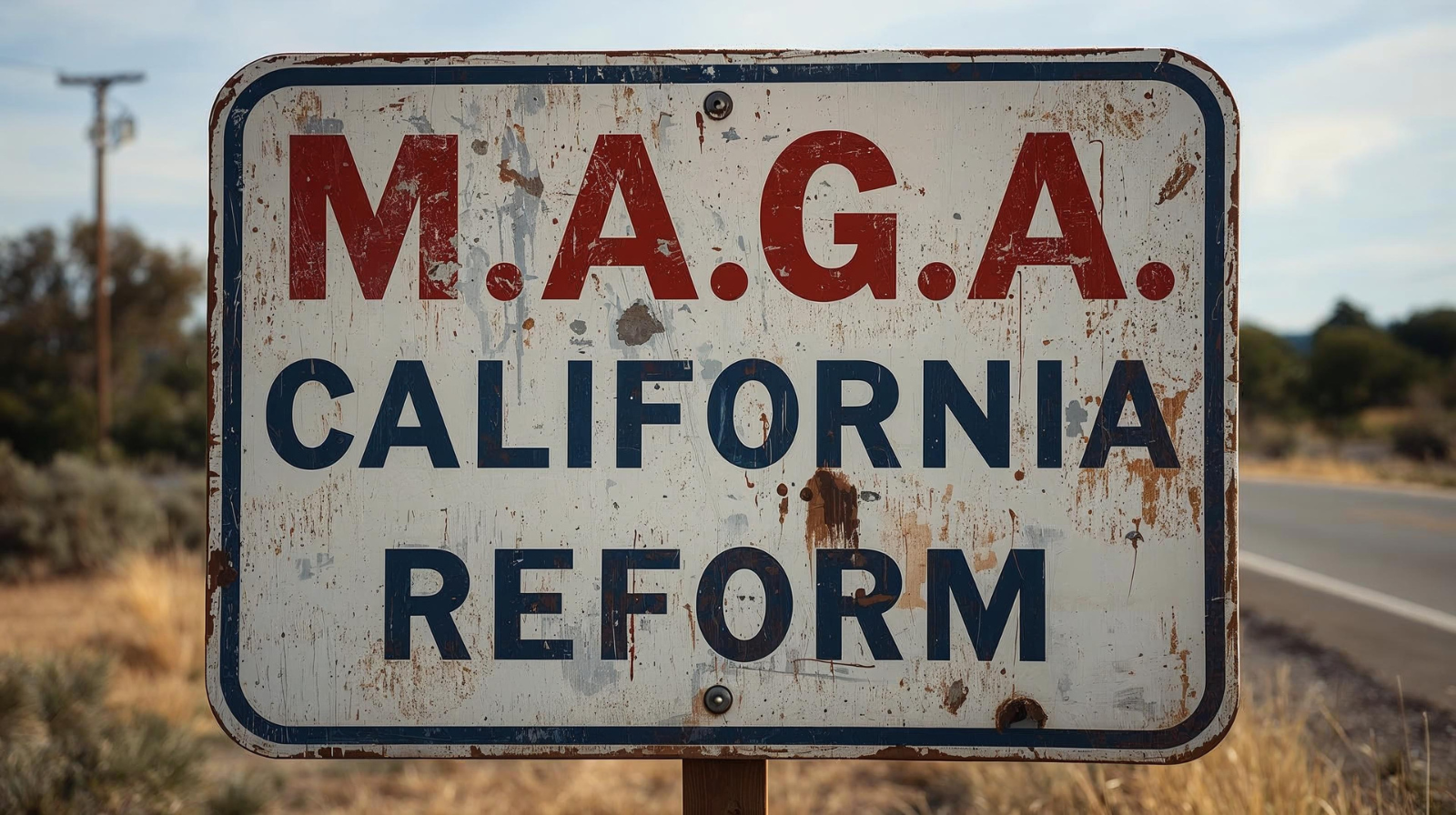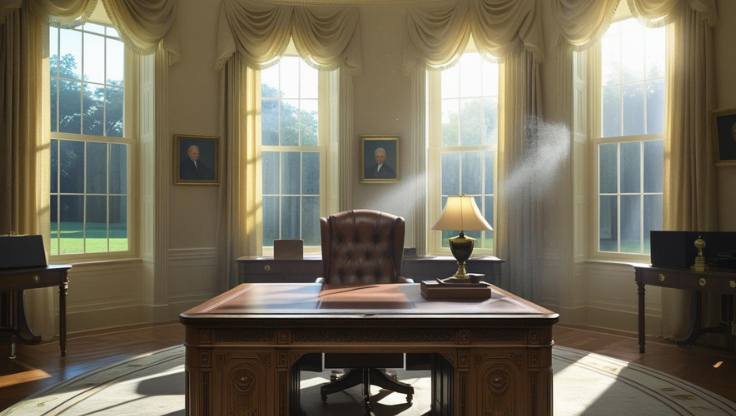By Staff Writer, John Kling
September 28, 2025, M.A.G.A. Daily News
California’s Free Speech Under Siege: New Social Media Bill Sparks Fierce Debate
California is once again attempting to limit speech on social media, igniting fierce debate over free expression. The latest legislative effort, SB 771, has passed both state legislative chambers and now awaits Governor Gavin Newsom’s decision before October 12, 2025. This bill, if signed into law, would mark one of the most sweeping attempts to regulate online speech in United States history. Clearly, the bill is driven from the far left radical reform.
At the heart of this debate lies a question of paramount importance: when does protecting citizens cross the line into suppressing free speech? This question fuels not only legal battles but also an impassioned national discourse about the boundaries of free expression in the digital age.
Understanding SB 771 and Its Implications
SB 771 proposes to fine social media companies that “amplify” user-generated content that violates California’s civil rights laws. This could include anything from posts deemed discriminatory to content considered incitement of violence. Under the bill, fines could reach up to $1 million per violation, with additional penalties calculated based on the revenue of the platform. Although, the bill seems plausible it it is a farce and is aimed at taping the mouths of conservatives.
This move represents California’s second attempt in two years to regulate speech on digital platforms. A similar bill failed in the previous legislative cycle, but proponents have returned with revised language designed to address earlier criticisms.
Supporters of SB 771 argue that it is a necessary safeguard against the dangers of online hate speech and disinformation campaigns. They claim social media algorithms can unintentionally promote harmful content at a massive scale. For them, the bill is a tool to hold corporations accountable for content curation practices that impact public discourse. In contrast, the far left radicals do not like when the right points out their fake propaganda.
Opponents counter that the legislation is an unprecedented assault on constitutional rights, particularly the First Amendment. They warn that it could incentivize platforms to over-censor content to avoid costly penalties, effectively chilling speech and narrowing the scope of public discourse.
Free Speech Advocates Sound the Alarm
Across the country, free speech advocates are raising serious concerns. The Computer & Communications Industry Association (CCIA), TechNet, and various civil liberties organizations have joined forces to oppose SB 771. They argue that the bill’s vague language creates a slippery slope, allowing broad interpretation that could result in overreach.

As the debate intensifies, critics say the real danger lies in how “amplify” is defined. The term refers to algorithm-driven content promotion, but the bill leaves significant discretion to regulators. This uncertainty could result in platforms preemptively removing lawful content, eroding the foundation of free expression.
Free speech activists stress that America’s commitment to constitutional liberties requires vigilance. They warn that a state-level attempt to regulate speech on social media could set a dangerous precedent for other states to follow, potentially resulting in a patchwork of laws that restrict digital freedom nationwide.
Historical Context: Free Speech in America
The American tradition of free speech traces back to the First Amendment, ratified in 1791. Over centuries, the courts have interpreted these protections broadly, extending them to virtually all forms of expression. However, these rights have always faced limitations, particularly in cases involving incitement to violence, libel, or obscenity.
The rise of social media has brought new challenges. Platforms such as Facebook, Twitter, Instagram, and TikTok now serve as the modern public square, shaping discourse in unprecedented ways. These platforms operate globally, raising difficult questions about how constitutional rights apply in the digital age.
California’s SB 771 reflects an attempt to address these questions, but critics argue the approach may undermine the very freedoms it claims to protect. They warn of a future where algorithmic decisions are dictated more by fear of penalties than by free choice or democratic discourse.
The National Debate Over Social Media Regulation
SB 771 is not an isolated case. Across the United States, lawmakers grapple with how to regulate online speech. Proposals have ranged from strengthening content moderation transparency to holding platforms liable for harmful content.
However, California’s approach is unique in its scale and specificity. By targeting algorithmic amplification, SB 771 addresses a specific mechanism that influences what content users see. For proponents, this is an essential step toward curbing online harm. For opponents, it is an unprecedented restriction on speech that could alter the nature of the internet itself.
Legal scholars note that SB 771 could become a landmark case for digital rights. If upheld, it may embolden other states to adopt similar measures, potentially fragmenting the regulatory landscape of the internet and creating conflicts between state and federal law.
Voices From the Tech Industry
The tech industry has expressed deep concern about SB 771. Major companies have warned that the legislation could lead to excessive content removal and costly litigation. The industry argues that such regulation risks stifling innovation, harming small platforms, and eroding user trust.
Executives from leading companies have testified before the California legislature, emphasizing that platforms already have robust systems for content moderation. They argue that algorithmic amplification is not inherently harmful and that human oversight, not punitive legislation, should guide policy.
Critics of SB 771 also note that algorithmic decisions are complex and often opaque. Mandating changes without clear standards could create legal uncertainty and unintended consequences, making the internet less free and more bureaucratic.
Public Opinion and Political Ramifications
Public opinion on SB 771 is sharply divided. Polls suggest that while many Americans support measures to combat online hate speech, there is widespread concern about government overreach and censorship.
The political implications of SB 771 extend far beyond California. The debate touches on fundamental issues about the role of government, the rights of corporations, and the balance between safety and liberty. Lawmakers across the country are watching closely, knowing that the outcome of California’s experiment could influence the national policy landscape.
Governor Newsom’s decision will likely draw significant attention. A veto could signal resistance to overregulation, while signing the bill would mark a bold step toward expanding government oversight of social media.
The Future of Free Speech Online
The controversy over SB 771 highlights a broader struggle over the future of free speech in the digital age. Social media is now central to public life, shaping political discourse, culture, and personal relationships. How we regulate these platforms will define the contours of democracy for decades to come.
As California grapples with SB 771, the nation faces a defining question: How can we protect free speech while addressing the harms of online platforms? There is no simple answer. But the stakes are high. Decisions made in the coming weeks could reshape the digital landscape for generations.
The call to action is clear: citizens must engage. Whether through public commentary, participation in legislative hearings, or direct communication with elected officials, every voice matters in this debate. California’s SB 771 is not just a state issue—it is a test of America’s commitment to free expression.
Conclusion: Speak Now or Risk Losing the Digital Public Square
The passage of SB 771 would represent a seismic shift in the regulation of speech online. While the bill aims to address legitimate concerns about hate speech and harmful content, it risks undermining the principles of free speech that define the American democratic tradition.
The outcome will depend on the actions of lawmakers, corporations, and most importantly, citizens. Californians and all Americans who value free speech should speak up before October 12, 2025. This is not merely a legal matter—it is a moral one.
We must ask ourselves: Do we want a future where the internet is shaped by open discourse or by government mandates? The answer to this question will define the future of democracy in the digital age.
The fight over limiting speech on social media is far from over. The stakes could not be higher. For feedback or to join the conversation, email us at Press@MagaDailyNews.com.





